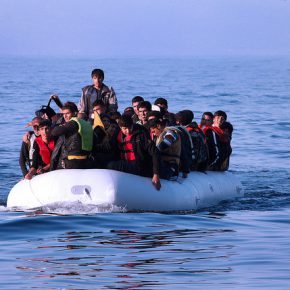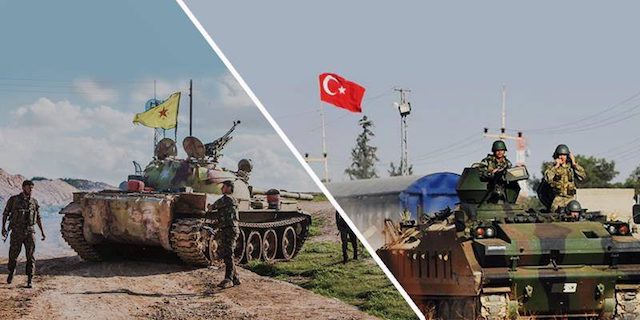“Oh, the people will lick our boots—just as they’d lick the boots of the Germans if they entered in triumph. With them, nothing succeeds like success. They don’t love the Turk, but they don’t love anyone but themselves.
The decent Arabs, especially Firouz Ali and his little band of patriots—who’ve got a stronger following outside Baghdad than within—will welcome us as deliverers; but it’s a very mixed population, and the most of them don’t draw fine distinctions between Europeans: they’re all sheep to be fleeced.
Of course, they don’t realise what a bad time they’d have if the city became Germanised—morally, I mean, for there’s no doubt that German administration would effect great material improvements. At present they’re slaves to a corrupt tyranny; German tyranny is rather brutal than corrupt. They’ll find that we are neither corrupt nor brutal—and take advantage of us. I’m talking as if we were already there. In the
At present they’re slaves to a corrupt tyranny; German tyranny is rather brutal than corrupt. They’ll find that we are neither corrupt nor brutal—and take advantage of us. I’m talking as if we were already there. In the meantime, you and I will be lucky if we save our skins.”
There was no opposition to the sending away of the non-combatants. The Arabs, accustomed to a nomad existence, saw little hardship in the people having to wander for safety to other regions. But the suggestion to part with their horses was at first strongly opposed. An Arab without a horse is like a shipwrecked mariner.
Burnet found all his persuasiveness unavailing until a diversion was caused by the appearance of the two gunners bringing up their machine-guns, followed by the boatmen and the Arabs loaded with stores. The explanation that these were only an advance party of a force that was by and by coming to their assistance, and that this force would in all probability bring back their horses, turned the tide.

The Germans had elected for military force as the efficient agent of civilisation. All that they had done since the war began showed that German civilisation was rotten to the core. It was a system in which lying, low cunning, treachery and brutality were, not tolerated, but applauded.
The nations that cherished different ideals, or, to put it on the lowest ground, desired to live their own lives unmolested, had either to submit to material loss, moral degradation, the cowed and hopeless existence of slaves, or to stand up defiantly against this monstrous tyranny and fight it with its own weapons. Only thus could they save their souls.
The capture of one of the terrible Germans filled them with a childish pleasure and satisfaction. Major Burckhardt, it is true, did not look very terrible. Without his uniform he was just a fat little man; without his spectacles he looked out dreamily upon a disappointing world. Clothed in Arab dress, his appearance drew many a smile from Jackson and Sturge, the machine-gunners, who, however, with the Tommy’s accustomed kindliness, did what they could for his comfort.
If any watching Arab had seen the young British officer disappear into the earth, he would have been somewhat startled, some twenty minutes later, when the slab was lifted again and an Arab lad cautiously emerged. His head was swathed in a strip of parti-coloured cloth held in position by two thick rings of camel’s hair; a dirty, shapeless, yellowish robe descended to his knees; his legs, remarkably brown, were bare; his feet were encased in leather-thonged sandals.
The enemy would almost certainly hold the country through which he must travel, and probably in some strength. But from what he knew of the Turk it seemed unlikely that the expedition had even started yet. General Eisenstein had mentioned a month; there were still some days to spare, and not even the driving force of the German would have the effect of keeping either Turks or Arabs up to time.
The month would probably extend to five or six weeks before the organisation of the expedition was sufficiently complete to satisfy Eisenstein, who, like all the German high command, would not move until he felt assured that every possible contingency had been foreseen and provided for. Wallahi! I must guard my own skin.
In my father’s days, his tribe withstood more than once the power of the pashas of Bagdad; they will do so again, though in truth the odds are heavy against them now, when the Germans have furnished the Turks with new and terrible engines of war such as my father never knew. But we will make a stout defence in this our stronghold, and Allah is merciful to those who fight in a good cause.
Adapted from Adapted from Carry On! (1917). Photographs courtesy of Marc Pether Longman and Darren Cullen. Published under a Creative Commons license.





